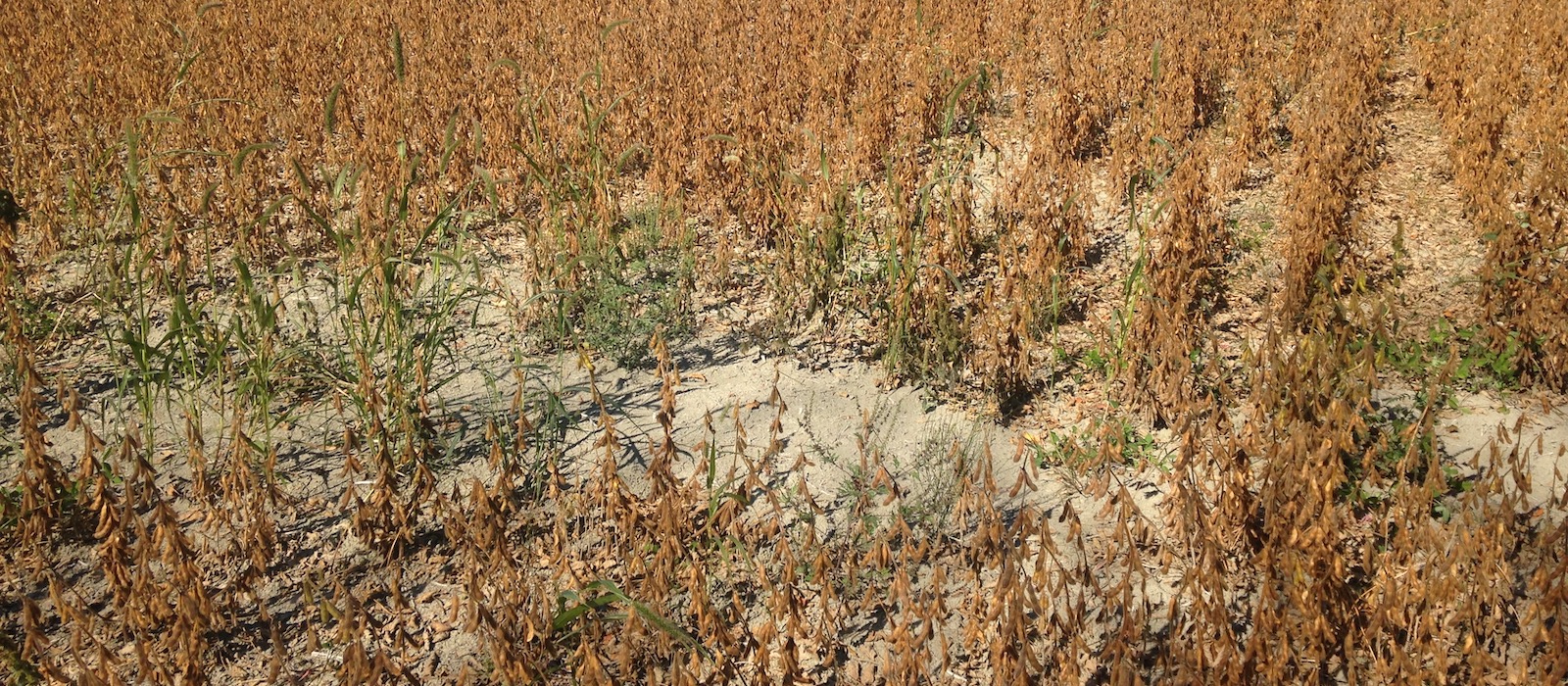FRIDAY JUNE 3, 2022, 11:00-14:00 EDT
11:00 / WELCOME, LAND ACKNOWLEDGEMENT AND INTRODUCTIONS
- With Susan Ross and Mario Santana, Carleton University / ICOMOS / Climate Heritage Network (CHN)
Framing concept: CLIMATE ADAPTATION
- Thea Dickinson (U. Toronto/Environment Canada/IPCC)
11:20 / CLIMATE IMPACTS AND HERITAGE VULNERABILITY
To begin to plan for adaptation, we need to start with understanding impacts, and how to assess them, to understand the relative vulnerability of heritage places and sites to critical changes which may come about slowly or increasingly through more drastic events. In this session, our invited panelists will share their expertise and experience with concepts that include climate impacts and vulnerability assessment, teaching climate change in communities, and teaching and planning disaster risk preparedness and reduction. Panelists:
- Cathy Daly (Lincoln U. / CHN)
- Will Megarry (Queens U. / ICOMOS / CHN)
- Rohit Jigyasu (ICCROM / CHN)
- with Mario Santana, Carleton University, moderator
12:30 / HEALTH BREAK
12:45 / BUILDING/URBAN ADAPTATION AND RESILIENCE
Much of the focus in heritage conservation for the built environment including for historic urban areas has been around climate mitigation. The relationship between mitigation and adaptation is important to examine, to help see the additional areas to understand in the context of adaptation. In this session, our invited panelists will share their expertise and experience with concepts that include building resilience and adaptation, planning adaptation for the Historic Urban Landscape, and teaching climate mitigation and adaptation in built heritage. Panelists:
- Oriel Prizeman (Cardiff University / APT)
- Paloma Guzman (Norsk Institut KU / CHN)
- Mark Brandt (MTBA / ZNCC / APT / CHN)
- with Claudine Déom, Université de Montréal, moderator
Closing remarks including a student perspective
- with Susan Ross, Mario Santana and Abi Kang, Carleton University
SATURDAY JUNE 4, 2022, 11:00-14:00 EDT
11:00 / WELCOME, LAND ACKNOWLEDGEMENT AND INTRODUCTIONS
- With Susan Ross and Mario Santana, Carleton University
Framing concept: CLIMATE JUSTICE
- Georgina Cundill (IDRC, Rhodes U)
11:20 / MATERIALS/RESOURCES, REUSE AND EQUITY
Reuse of the existing is at the heart of heritage practices, but strategies for both climate mitigation and adaptation draw attention to the wider built legacies of human cultures, including impacts of extractive industries embodied in the materials of the buildings reused by adaptation. Reuse in a context of social justice needs to address equitable access to resources. In this session, our invited panelists will share their expertise and experience with concepts that include the role of adaptive reuse and circularity within the Historic Urban Landscape approach, methods for assessing embodied effects of existing buildings, and the roles of traditional and sustainable building materials. Panelists:
- Deniz Ikiz Kaya (TU Eindhoven / CHN)
- Lori Ferris (Goody Clancy / ZNCC / APT / CHN)
- With Susan Ross, Carleton University, moderator
12:30 / HEALTH BREAK
12:45 / SOCIAL JUSTICE, INDIGENOUS KNOWLEDGE AND GOVERNANCE
Emerging concepts that bridge between social justice and climate adaptation include “Just transitions”, and “Building back better”. Furthermore, Indigenous knowledge systems and governance models suggest alternate strategies on how to build healthy relationships between communities of human and non-human kinds and the planet. In this session, our invited panelists will share their expertise and experience with concepts that include the relation of social justice to cultural heritage, Indigenous heritage and community planning, and teaching Indigenous Environment/Land Issues. Panelists:
- Lorna Crowshoe (City of Calgary, National Trust for Canada)
- Courthey Vaughan (Archipel Research, Carleton U)
- with Shabnam Inanloo Dailoo, Athabasca University, moderator
Closing remarks including an emerging professional perspective
- with Susan Ross, Mario Santana and Miquel Reina Ortiz, Carleton University / ICOMOS
